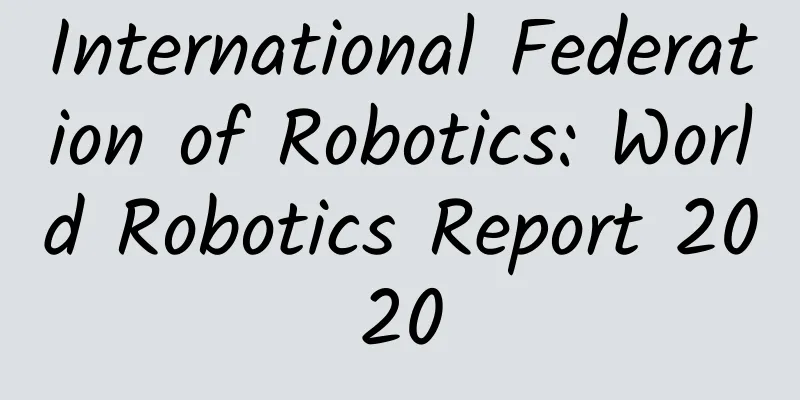After the Big Bang, there was another Dark Bang…

|
This is a picture of the galaxy cluster Cl0024+1654 taken by the Hubble Space Telescope, with dark matter shown in blue. Introduction: The mystery of dark matter has always puzzled scientists. Recently, some physicists have proposed that dark matter was formed in another cosmic "Big Bang". If this theory is confirmed, it may change our view of the early universe. Today, astronomers generally agree that the universe began with a Big Bang: About 13.7 billion years ago, an extremely hot, dense point of radiation suddenly exploded, giving rise to the universe as we know it today. However, is this Big Bang the only event that created the universe? Some physicists have proposed a bold idea that there may be another "Dark Big Bang" after the Big Bang, which can explain the mysterious source of dark matter in the universe. 0 1 Invisible dark matter Dark matter is a substance that we cannot directly observe. It neither emits nor reflects light. However, by observing and analyzing the gravitational effects on other substances, scientists believe that dark matter exists in the universe and its quantity is huge, accounting for about 85% of all matter in the universe. Dark matter has an important influence on the formation and movement of galaxies, and is also a key clue for astronomers to study the structure and evolution of the universe. However, the nature and origin of dark matter has always been a mystery. Schematic diagram of the Big Bang 0 2 Is there a dark bang after the Big Bang? In the paper "Dark Matter and Gravitational Waves from the Dark Big Bang" submitted in February last year, American scientist Katherine Freese and Swedish scientist Martin Wolfgang Winkler proposed the theory of "Dark Big Bang". The two scientists are from the University of Michigan and Stockholm University in Switzerland. Catherine Freeze is a world-leading expert in dark matter research. According to their theory, the "dark big bang" may be the source of dark matter and dark radiation. The two scientists' "dark big bang" theory holds that the dark big bang occurred sometime after the initial Big Bang. They also believe that the "dark big bang" occurred in a so-called "dark sector" composed of dark matter and dark energy. At some point, this dark sector may have undergone a phase transition, converting the dark vacuum energy into a high-temperature dark particle plasma. According to their paper, dark matter could be produced in a variety of ways during the dark big bang. One possibility is so-called "dark matter cannibalism," where dark matter particles devour each other. Another possibility is that dark matter particles annihilate in pairs and then go through a cooling phase called "thermal freeze." The researchers also found that the dark matter explosion must follow certain restrictions; if it happened too early, there would be too much dark matter now; if it happened too late, there would be too little dark matter now. But if the dark explosion occurred when the universe was less than a month old, it would be consistent with all known observations. Schematic diagram of using pulsars to detect gravitational waves 0 3 It's not easy to verify the new theory Although it is confirmed that dark matter produced by the dark big bang event is difficult to detect directly or indirectly, Freeze and Winkler still believe that the dark big bang may produce a unique gravitational wave signal. Gravitational waves are ripples in space-time that are still rippling in the universe. This means that the dark big bang theory may be tested with the help of gravitational waves in the future. However, the two authors of the paper also admitted that the sensitivity of current gravitational wave detectors is not enough to detect the gravitational wave signal of the dark big bang. But another gravitational wave detector that uses distant pulsars, the so-called "pulsar timing array" experiment, may be able to do this. Reference Information: https://thedebrief.org/dark-big-bang-theory-argues-a-second-cosmological-origin-event-could-help-resolve-dark-matter-mystery/ https://www.livescience.com/a-dark-big-bang-may-have-flooded-the-universe-with-invisible-matter-new-study-proposes Planning: Zhang Chao, Li Peiyuan, Yang Liu Reviewed by: Li Xin, Research Librarian of Beijing Planetarium |
<<: Spring Festival travel begins, pay attention to the weather and wind chill effects →
Recommend
From the golden hoop to the American team's shield, this material is indispensable
In Journey to the West, Sun Wukong's golden h...
Case: How to use product thinking to carry out fission activities?
In the second half of the Internet , the user div...
Seven excellent tools that mobile developers must know and detailed explanations in Chinese
[[130837]] The low-coding mobile development tool...
Hong Kong iPhone 6 sold out in eight minutes, scalpers charged over 10,000 yuan
At 8 o'clock this morning, many "Apple f...
How does the blood in the legs and feet overcome gravity and flow to the heart?
Who can fight against the gravity of the earth? B...
How does Tik Tok create a hit? Tik Tok hot marketing skills!
Why can a dancing video of others get tens of mil...
Fasting = stimulating cell autophagy, can it improve Alzheimer's disease?
Recently, Rong seems to like talking about food. ...
macOS system review: Siri comes to the computer platform and is not just a chat robot
In 1984, Apple's operating system for its Maci...
Cao Maogui's stock market secrets: intraday T+0 operation methods and skills 1 video
Cao Maogui's stock market secrets: intraday T...
Apple lost as much as Baidu in 5 days, Cook should wake up
In China, Apple rarely invites celebrities to adv...
Experience and skills in writing e-commerce marketing plans!
Everyone in the e-commerce industry knows that th...
The Road to Godhood - The Core Secret Method to Conquer Ordinary People
The Road to the Gods: A brief introduction to the...
How to improve login conversion rate of mobile applications!
The login process is very basic and critical for ...
Who plays Xiao He Ziqiu in In the Name of Family? Personal information of Xiao Lizhen, the actor who played He Ziqiu as a child
The TV series "In the Name of Family" i...
How to choose the right Taobao affiliate promotion channel?
There are many types of Taobao Affiliate promotio...









